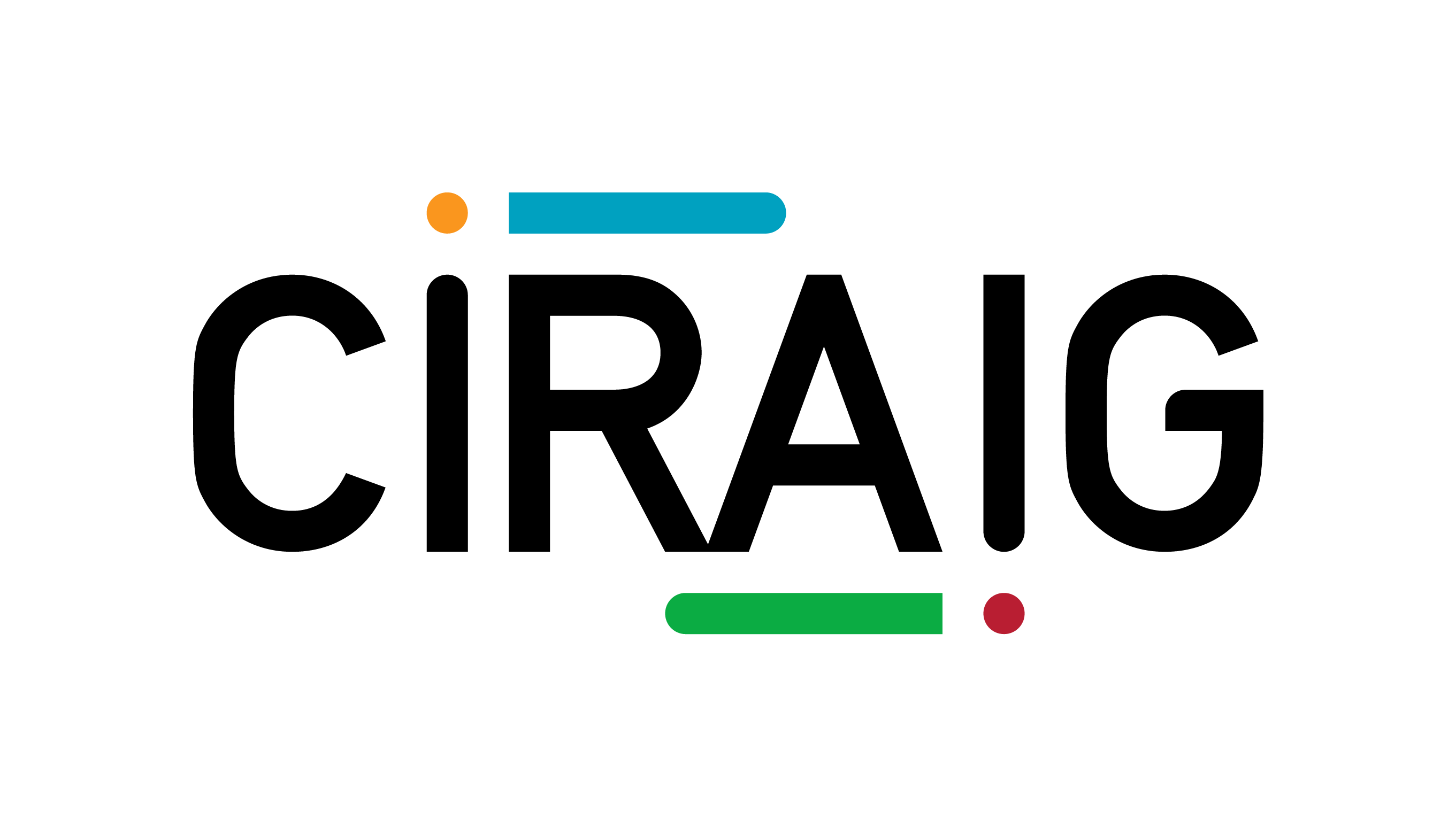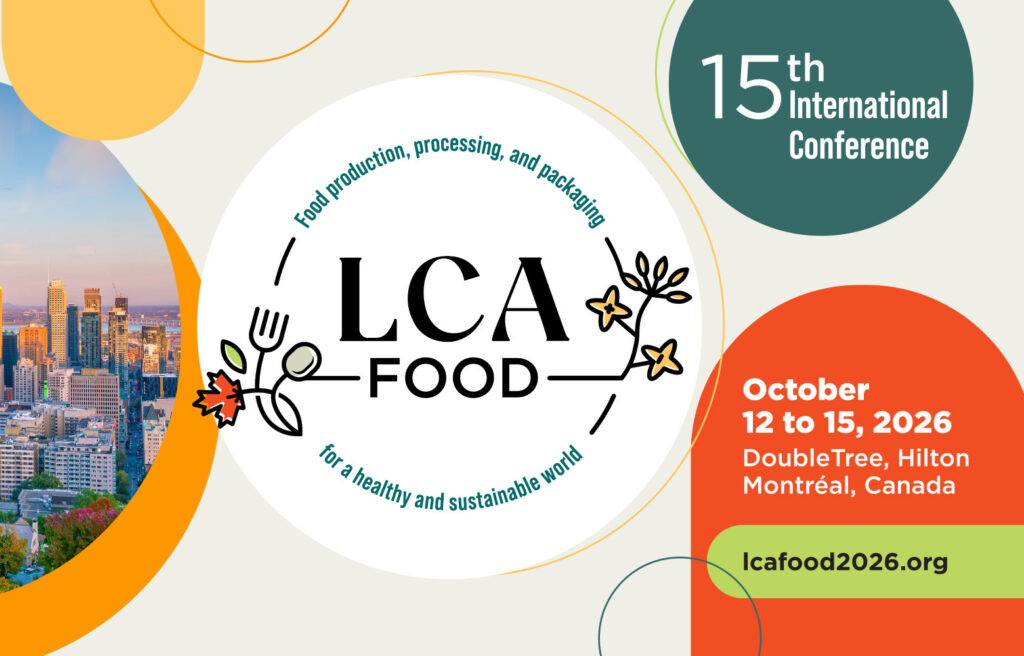The objective of this training is to provide an understanding of the scope of life cycle assessment (LCA) (information generated and potential applications) in order to strategically integrate it into a decision-making process. Elements presented: life cycle concept, stages of an LCA according to ISO 14 040 and concrete examples of companies that have integrated life cycle thinking into their practices.
Group training
Regular programming
Join a group training at our discounted group rates.
Private training
Training tailored to your organization's needs
Various on-demand courses are also available. They can be given in English or French, online or in person. Contact us for more information and a quote.
The challenge of social LCA is to identify the potential social impacts arising from the activities of companies involved in the value chain of a product or service, to their stakeholders. More and more public or private decision-makers wish to better understand the consequences of their decisions and to identify avenues for continuous improvement, it therefore appears necessary to also consider the social effects of the choices made (type of investment, choice of suppliers, income distribution, etc.).
This course deals with the water footprint based on life cycle analysis, as defined in the ISO 14 046 standard. The implementation of sustainable water management involves the identification of impacts. of human activity and the determination of possible levers of action: this is the goal of the water footprint. The water footprint quantifies the potential impacts associated with water, both in terms of water quality and quantity.
In order to meet the challenge of climate change, companies will need to create low-carbon products and services and reduce the carbon footprint of their operations. This training aims to highlight exactly what the carbon footprint is, how to measure it and its role in the fight against climate change.
The purpose of the training is to provide the necessary knowledge to perform life cycle analysis (LCA) on openLCA independently. openLCA is a free and open source ACV software. A general knowledge of LCA is required. Note that a general knowledge of LCA is required to attend the training (see prerequisities).
Brightway2 is an open source (Python) LCA platform, useful for creating models that go beyond the conventional limits of LCA. The goal of the training is to provide the knowledge needed to start using Brightway2 in your projects. An understanding of LCA and the calculations involved, as well as a basic knowledge of Python is required.
With the growing interest of organizations in the concept of circular economy, many strategies are put forward to improve the circularity of products or services. But what are the environmental benefits or impacts of these strategies? Is it always better to close the loop? How can the circular economy be anchored more concretely in a context of sustainability? Life cycle thinking, and one of its tools, life cycle assessment, can provide answers to these questions.
As an LCA practitioner, it is sometimes difficult to navigate the different impact methods available and to know how to interpret them. The purpose of this training is to demystify the impact assessment and interpretation phases of LCA in order to better understand how to use the different impact methods and interpret them appropriately. The training takes a practical perspective (not the impact method developer’s perspective) based on the use of the IMPACT World+ regionalized impact methodology.
The goal of the training is to provide the necessary knowledge to perform life cycle assessments (LCA) on SimaPro independently. A general knowledge of LCA is required.
Input-Output provides an easy-access to economic an environmental sectoral data, as well as coarse estimates of the effect on the environment of a change in behaviour/policy. The goal of the training is to allow participants to learn how to understand and manipulate Input-Output tables such as Exiobase.
The GHG Protocol is a standardized and internationally recognized methodology that enables companies to rigorously and transparently identify their most significant sources of GHG emissions. The objective of the training is to understand how to conduct a GHG inventory for an organization in accordance with the GHG Protocol Corporate Standard.
Customized Training
Training designed for your organization
The CIRAIG offers a number of professional trainings on topics related to LCA, circular economy and sustainable transition. Are you interested in other topics related to these concepts? Our trainings can be customized for your organization.
We use cookies on our website to give you the most relevant experience by remembering your preferences and repeat visits. By clicking “Accept”, you consent to the use of ALL the cookies.
Manage consent
Privacy Overview
This website uses cookies to improve your experience while you navigate through the website. Out of these, the cookies that are categorized as necessary are stored on your browser as they are essential for the working of basic functionalities of the website. We also use third-party cookies that help us analyze and understand how you use this website. These cookies will be stored in your browser only with your consent. You also have the option to opt-out of these cookies. But opting out of some of these cookies may affect your browsing experience.
Necessary cookies are absolutely essential for the website to function properly. This category only includes cookies that ensures basic functionalities and security features of the website. These cookies do not store any personal information.
Any cookies that may not be particularly necessary for the website to function and is used specifically to collect user personal data via analytics, ads, other embedded contents are termed as non-necessary cookies. It is mandatory to procure user consent prior to running these cookies on your website.
Your subscription could not be saved. Please try again.
Your subscription has been successful.

